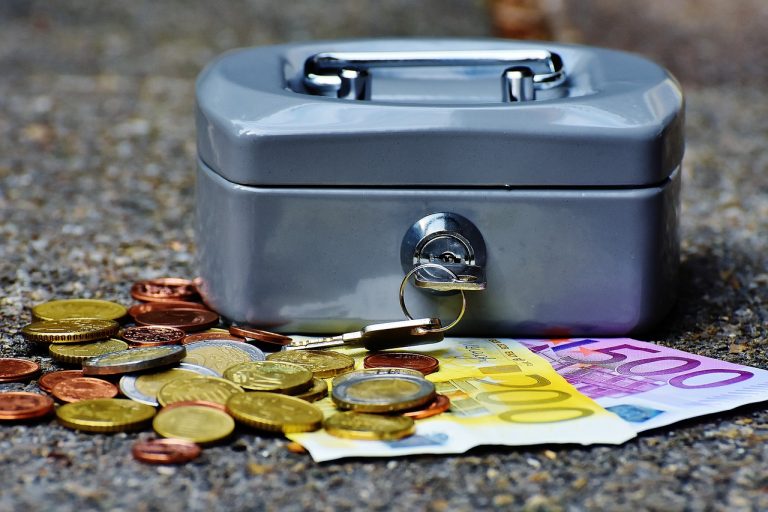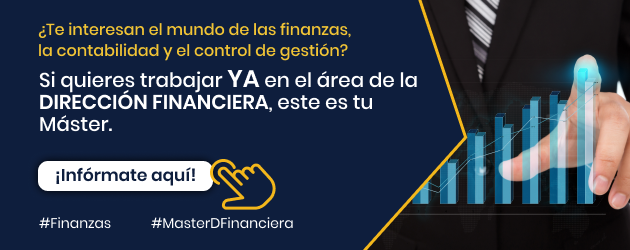In this post we tell you how to justify cash payments. The Treasury can knock on the door and require us to justify operations carried out in cash.
- What are the payment methods that make up cash and the possible forms of valid justification before the Treasury
- What sanctions can fall on us if we break the regulations?
In order to prevent fraud and money laundering, the Anti-Fraud Law It does not allow cash payments for transactions greater than 2,500 euros.. In this way, for any transaction that exceeds this amount, another route must be chosen. The objective is to leave a record of the amount issued, as well as the issuer and recipient of the money.
However, the Tax Agency may require justification of certain cash payments that we may have made, regardless of the amount. Therefore, to avoid problems, it is necessary to know which options the Treasury accepts as valid as payment method.
If you want to continue learning all these recommendations and advice, improve professionally and become an expert, train with us in the Master of Financial Management.
How to justify cash payments: What is considered cash?
The vast majority of the population believes that cash payments are limited to giving an amount of cash. But… mistake! There are other payments that can be considered cash and that They don't just involve bills and coins..
Therefore, the paper money or metallic currency They are considered a cash payment method. Both nationals and foreigners. Likewise, the bank checks to the bearer and any other means, including electronic, designed to be used as a means of bearer payment. Therefore, these means can always be used as proof of cash payment.
2,500 euros maximum in cash
The limit on cash payments came into force in 2012 when Law 7/2012 of October 29 was approved. This rule prohibits making cash payments of more than 2,500 euros, as long as one of the parties involved is a professional or a company.
It would be logical to think that, if the payment is 3,000 euros, it would be possible to split it into two payments of 2,500 and 500 euros in order to pay it in cash. However, when the total amount exceeds 2,500 euros, It will not be possible to make partial payments either., dividing the amount between cash and other alternatives. What counts, in short, is not the amount of each installment, but the overall price (3,000 euros).
Penalties: 25% of the transaction value
And what consequences are there if these regulations are not met? If we decide to break this rule, we will face a fine of 25% of the transaction value. Furthermore, the Treasury can “demand payment of the penalty from both the payer and the buyer, as well as both”.
However, the Treasury will study this sanction for any of the two parties who denounce the other party, as long as three months have not passed since the improper payment in cash was made. To do this, the Tax Agency has a form on its website so that anyone can report an improper payment of more than 2,500 euros.
So... How to justify cash payments?
If for any reason an administration asks to justify a cash payment, it is possible prove it with the following documents:
- A receipt
- Payment letters signed or validated by competent bodies or entities authorized to receive payment
- Certifications accrediting income
- Any other document that serves as proof of payment for the Treasury
Of course, be careful with the following concepts. To justify the expense, we must present the corresponding invoice. However, to prove payment, we will need the above documents. That is why it is important to remember that always, always, You must always keep the receipts. “Just in case” never hurts.
Also, remember that the Treasury always requires you to keep proof of payment. during a period of five years from the date of the same and that it will be mandatory to present these supporting documents whenever the Tax Agency requires them.
One last recommendation: to avoid problems, it is always better to use alternative payment methods. If you do not want to make transfers or pay by card, you can choose payment to bearer or by bank checks to bearer, whatever the currency.
Fountain: SAGE




































